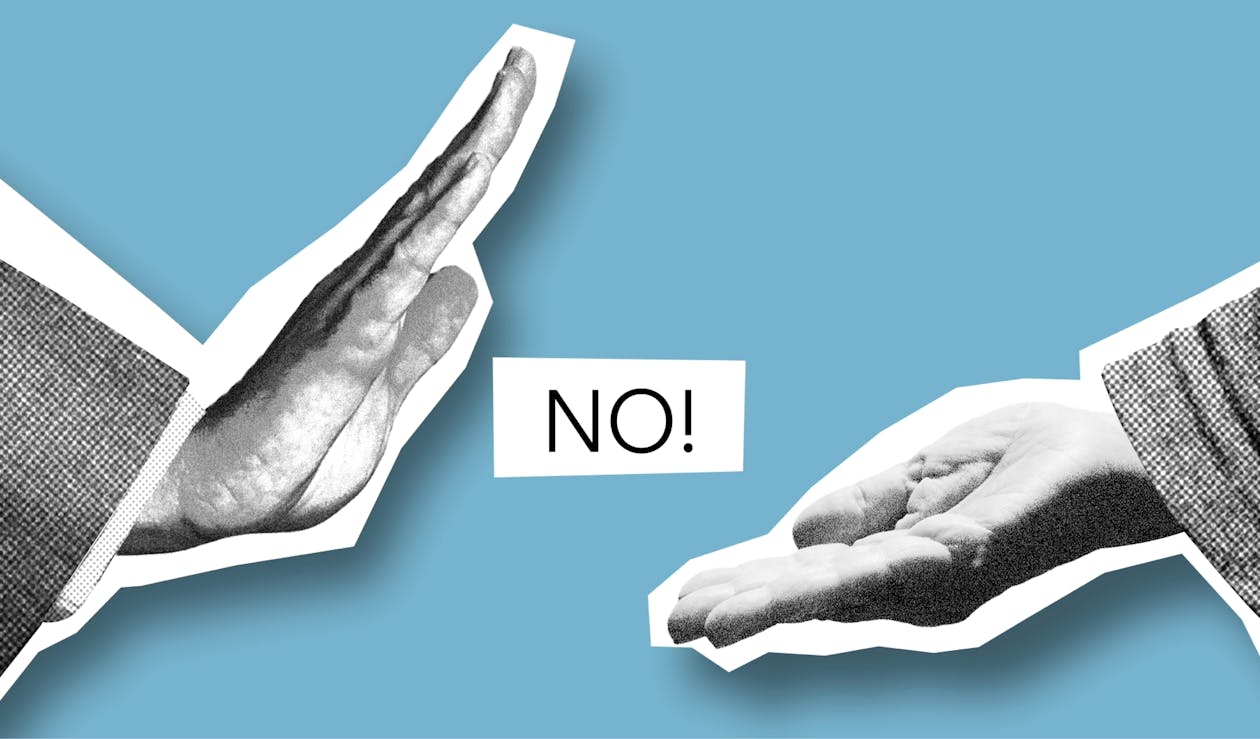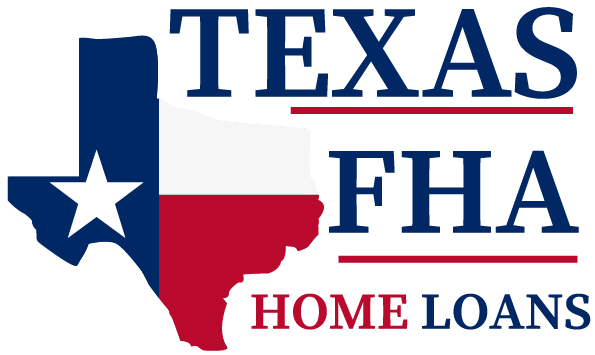
The FHA loan program offers some of the most accessible home mortgage options. However, despite its significantly more lenient qualification requirements, many applicants still get denied an FHA loan. In this article, we’ll find out why.
Understanding FHA Loans
Three players are involved in a typical FHA loan scenario: the Federal Housing Administration (FHA), the mortgage lender, and you – the borrower.
One fundamental fact you need to know about FHA loans is that the FHA does not directly originate the mortgages. They only guarantee the loans so that FHA-approved lenders can offer them with less stringent qualifying standards.
As the borrower, you will need to apply for an FHA loan through a lender that may have another set of qualification guidelines. To get approved for an FHA loan, you must meet two criteria — HUD’s minimum qualification requirements and that of your chosen mortgage lender.
Common Reasons Why You Could Get Denied an FHA Loan
FHA loan applicants are typically turned down for financing upfront after the loan officer reviews their application or during the underwriting stage.
There are dozens of possible reasons why a lender would turn down an FHA loan application, but some of the more common reasons for the denial are the following:
- Bad credit
The credit score requirement for an FHA loan is 580. With a FICO score of 580 or higher, you’re eligible for the 3.5% down payment rate, one of the most attractive features of FHA-backed mortgages.
While FHA guidelines qualify borrowers with a credit score of 500, most lenders set their standards, often higher than the government’s requirements. Many lenders want to see a credit score of at least 600. If your credit score is too low, you may want to improve your credit score first before submitting your application.
- Too much debt
A high debt-to-income ratio is a red flag for most mortgage lenders and is one of the main reasons mortgage applications get denied. According to the HUD handbook, “The relationship of total [debt] obligations to income is considered acceptable if the total mortgage payment and all recurring monthly obligations do not exceed 43% of the gross effective income.”
The recommended DTI for an FHA mortgage is 43%, including the mortgage, but most lenders draw the line at around 45% – 50%. Any higher, and you will likely get denied a loan.
- Insufficient income
Lenders will scrutinize your bank statements, assets, and income to verify if you can afford all payments associated with the mortgage, including the monthly premiums.
To obtain a loan, you need to have enough money saved to cover your down payment and closing costs. If a family member donates part of your down payment, you’ll need to obtain a gift letter.
The bottom line is: if you don’t have sufficient funding to close the loan, you will be denied financing.
Dealing With FHA Loan Denial
The thing about FHA home loans is that they’re pretty flexible. The HUD allows for compensating factors if an applicant fails to meet one of the requirements. Also, FHA lenders have different standards, so finding one that will accommodate lower credit scores or a higher DTI ratio is impossible.
If you failed to get an FHA mortgage once, you can always try with another lender or seek advice from an FHA loan adviser on how to increase your chances of getting approved.

